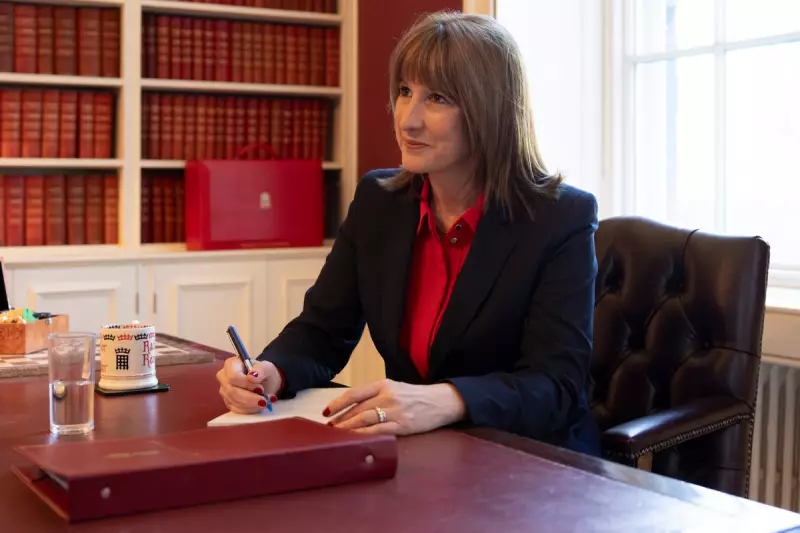
Chancellor Rachel Reeves is heading for a major confrontation with business leaders as she prepares to unveil a Budget that combines significant minimum wage increases with targeted tax rises on the wealthy.
Budget Measures Spark Business Backlash
With the survival of Sir Keir Starmer's government potentially at stake, the Chancellor is set to announce what she describes as "fair and necessary choices" to address the cost-of-living crisis while attempting to balance the nation's books.
The Budget, scheduled for Wednesday, will include an inflation-busting hike to the minimum wage that promises pay rises for millions of workers. Those aged 18-20 will see their hourly rate jump by 8.5% to £10.85, while workers aged 21 and over will receive a 4.1% increase to £12.71 per hour.
Younger workers and apprentices haven't been forgotten either, with 16 and 17-year-olds seeing a 6% rise to £8 per hour. Ms Reeves has promised that those on low incomes will be "properly rewarded" for their work.
Business Groups Sound Alarm
However, business organisations have reacted with alarm to the wage increases, warning they could drive unemployment and hamper economic growth. The criticism comes just days after business leaders warned the Chancellor they faced "death by a thousand taxes" at the CBI conference.
Anna Leach, chief economist at the Institute of Directors, expressed particular concern about the impact on youth employment. "The sharper increase in the youth rate is especially concerning, as it is likely to accelerate the loss of jobs among young people", she warned.
The hospitality sector, already reeling from the newly confirmed tourism tax on overnight hotel and holiday let stays, voiced additional concerns. Kate Nicholls, chair of UKHospitality, described the minimum wage increases as "yet another cost for hospitality businesses to balance at a time when they are already being taxed out".
Taxing the Wealthy to Fund Support
Facing a spending black hole of at least £20 billion and needing to maintain more than £10 billion of fiscal headroom, Ms Reeves appears set to target businesses and wealthier individuals to fund her spending plans.
Confirmed measures include an extension of the sugar tax to cover milkshakes and lattes, alongside the tourism tax. Speculation also suggests the Chancellor will introduce:
- A mansion tax on the most expensive properties
- Increased capital gains tax
- A new bank levy
- A gambling profits levy
- A pay-per-mile tax on electric vehicles
Despite these revenue-raising measures, the Budget will contain significant support for struggling households. Ms Reeves has committed £3.5 billion to scrap the controversial two-child benefit cap, a move long demanded by Labour backbenchers.
Other cost-of-living measures include increases to the state pension, freezes on rail fares and prescription charges, and maintaining the 15-year freeze on fuel duty, including the temporary 5p cut introduced by the Conservatives.
Following the successful election strategy of the Australian Labor Party, the Chancellor also plans to couple cost-of-living support with extra resources to tackle NHS waiting times.
Public Pessimism and Political Stakes
New polling reveals significant public scepticism about the country's financial situation. A YouGov survey shows that 59% of people on low incomes believe they will be most impacted by the Budget, while a Focal Data poll found that 73% of Britons think the country's finances are in a bad place.
The political stakes couldn't be higher, with the future of both Ms Reeves and Prime Minister Keir Starmer potentially dependent on the Budget's reception. Shadow Chancellor Sir Mel Stride has already accused the government of "trying to pull the wool over your eyes" and choosing "higher welfare and higher taxes".
As businesses and trade unions take opposing positions on the minimum wage increases, and with the Conservative opposition ready to pounce on any misstep, the Chancellor's first major Budget represents one of the most significant political and economic moments since the general election.





